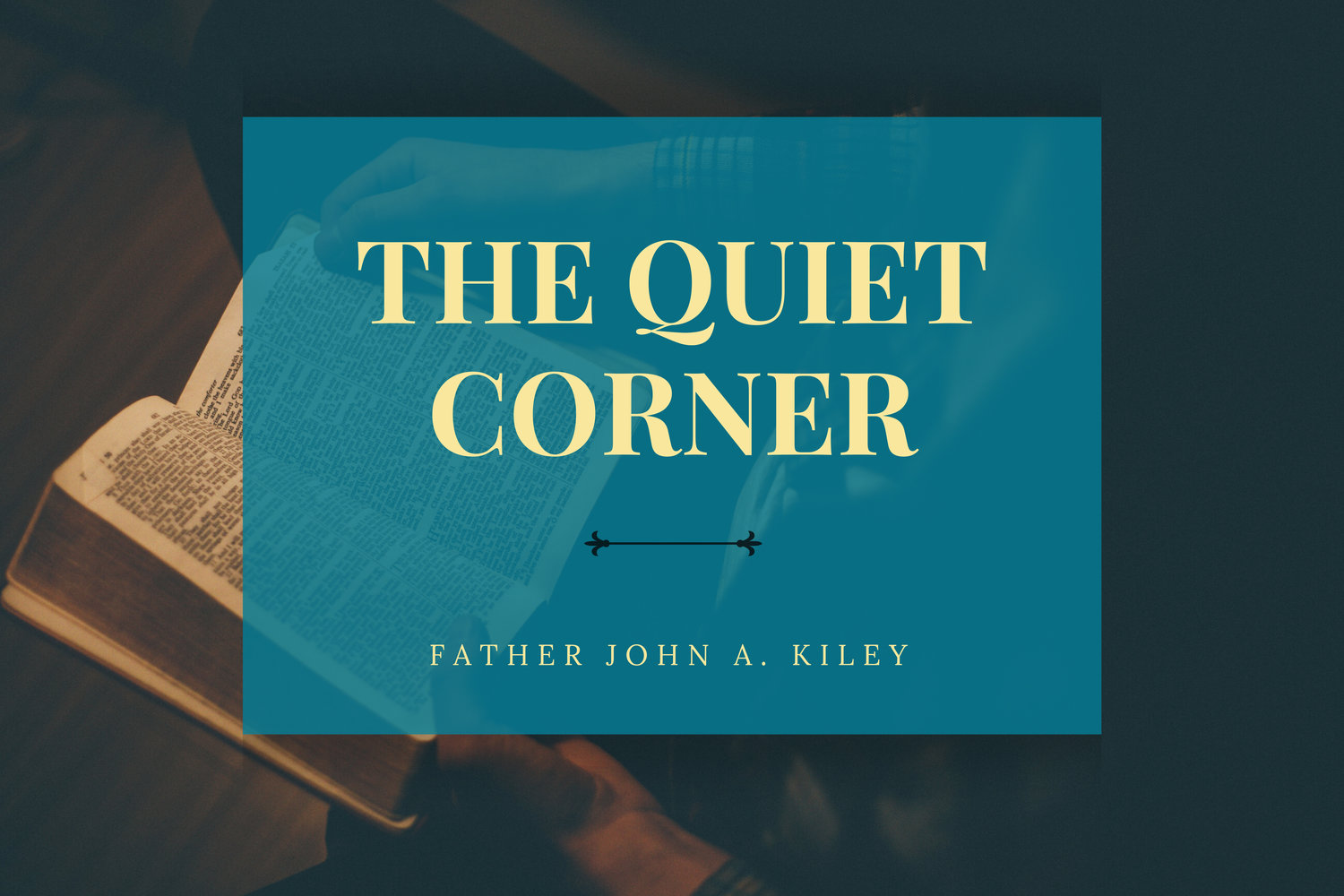The death of Pope Francis rightly evoked many prayers and much sympathy. His passing has also raised many questions. The pontiff’s favored policy of synodality which would broaden the number of voices heard in the Church’s decision making procedures has no doubt provoked many pro and con discussions. What will be the future of Pope Francis’ guidance and efforts? Pope Leo XIV eased some concerns when he first spoke to the public as pontiff: “In this regard, I would like us to renew together today our complete commitment to the path that the universal Church has now followed for decades in the wake of the Second Vatican Council. Pope Francis masterfully and concretely set it forth in the Apostolic Exhortation ‘Evangelii Gaudium.’” So development along the lines favored by his predecessor rather than a rupture with recent instructions might be expected. And regarding synodality, Pope Leo remarked in June, “It is my hope that the preparation and joint commemoration of the 1700th anniversary of the Council of Nicaea will be a providential occasion to deepen and confess together our faith in Christ and to put into practice forms of synodality among Christians of all traditions.”
Tersely justified, Pope Francis’ proposed synodality is a response to the monarchical papacies that the Church has experienced for the past century and a half. The late eighteenth century witnessed an attempt by some Catholic European rulers to nationalize the Catholic Church in their countries. They wanted to appoint bishops and determine religious education in schools and other ecclesial matters. In France, this was called Gallicanism; in Austria, it was labeled Josephinism. In Italy, it resulted in reducing the Papacy’s landed territory to a couple of square miles, the Vatican City. The Popes of the era understandably and rightly resisted this curtailment of their influence with increasing firmness. It was no accident that the solemn decree of Papal Infallibility was proposed during this era at Vatican Council I in 1870. Since that time, the Church’s Pontiffs became more and more “Prisoners of the Vatican,” largely, or so it seemed, issuing papal decrees and teachings relying mostly on trusted, in-house advisors.
But not entirely! Pope Pius IX did consult with the world’s bishops before solemnly declaring the dogma of the Immaculate Conception in 1854 and before issuing the decree on Papal Infallibilty in 1870. Pius XII also sought a response from the universal Church before solemnizing the teaching on the Assumption of Mary in 1950. Yet, until Pope Francis’ suggestion of Synodality, “Roma locuta, causa finita est (Rome has spoken, the case is closed)” has been the dominant order at least for the past two hundred years.
Certainly the Pope of Rome enjoys divinely bestowed teaching authority to which the Scriptures bear witness and the Church has perennially honored. “Thou art Peter and on this Rock I will build my Church (Mt.16:18)” is a mandate no serious Christian will protest. In 376 A.D., St. Jerome wrote to Pope Damasus: “As I follow no leader save Christ, so I communicate with none but your Holiness, that is, with the chair of Peter. For this, I know, is the rock on which the church is built!” So the rights and duties of the See of Rome are beyond question. Yet Rome’s tasks are never rightly exercised in isolation. And popes have, sometimes grudgingly, sometimes gladly, welcomed considerations from the Church’s other sources of theological insight, specifically the Church’s episcopal body, the universities’ theologians and the lay faithful. Yet, such synodality should be the rule not the exception.
Synodality, as envisioned by Pope Francis and as appreciated by Pope Leo, would ensure that the Church’s decision making process would always include certainly the Church’s many bishops as sacramentally ordained leaders, the Church’s many theologians as educated thinkers, and the Church’s abundant faithful duly recognized as a “lay ecclesial agency,” as believers were recently termed by Professor Edward P. Hahnenberg in a talk at Providence College. Synodality would not alter what was done but rather reform how it was done, taking into account the whole “sensus fidei,” the broad sense of what it means to be a Catholic Christian as experienced widely by religious leaders, theological teachers, and the lay faithful. Synodality would celebrate — and utilize — the various forms of Christian discipleship and their insights as found in today’s one, holy, Catholic, apostolic and, rightly, synodal Church.
